

|
|

|
 |
There's a whole lot of keywords you need to know
before going to a bar, a pub or to a
restaurant.
Let's study a few of those keywords in a context,
right now.
... and try to figure out "the blanks"
below!
... och, ja,
det finns länk till facit längst ned på
sidan,
men där ska du väl i alla fall inte börja,
eller hur?
Här finns också länkar till ordlistor: Ordlista mat Ordlista annat

At a Restaurant

and tapping are but two of
words you should be
familiar with
when
a restaurant.
Now tip and tipping
when you let somebody, e.g. the waitress, keep
change.
You can say that you tip the
or waitress, and during the proper circumstances
it's
a gratitude, a token of appreciation you might
.
Tap can be a faucet, or a
in a beer barrel, from which beer is
,
drawn or poured.
Beer tapped from a barrel
often referred to as draft beer (AE) or
(Br).
Now, let's say there's a sign on
wall facing you while you are standing at
bar,
counter, saying Special Brew of the
only £2.50 a pitcher.
The sign refers
beer on tap, draft beer, which is
into a pitcher and
then
you can have
pitcher to pour
from,serve from, on your own,
's
say all four of you, if you are
party of four.
This way you don't have
ask the bartender, the tapster, the barman to
your glass.
Also, draft beer of course, is
more inexpensive, cheaper, than bottled beer,
beer on
bottle.
Tapping gently on or at a
doesn't mean one is drawing beer in a
way at that door, but rather it says
one is lightly
knocking.
Tapping and knocking are
synonymous, just as
tap and knock are.
tip on the other hand, as mentioned previously,
mean that money is given to a waiter
waitress
as a token of appreciation.
Well tip,
like many other words, can mean more than
.
Tip sometimes corresponds
to Swedish "tipp/tippa".
As
result, or should we say consequence, one can
not only the waitress or waiter,
also a truck or a wagon. Is that
or what ?
If, for some reason, this
you confused, you must bear in mind that
has many, many words which are just
well very confusing to
the beginner or non-native.
parts of verbs are often confusing to someone
a language as a second language,
because verbs
differently in various languages. This is true of
words.
One can never ask for strict logic
dealing with a language.One often tends to ask
logic in a foreign language while studying. Keep
mind though, there is hardly
logic in any language
other than
limited areas. Moreover, the logic referred to,
or
for, frequently tend to be depending on
mother tongue, and even if there is
an organized, and strictly defined structure and
in your own language, don't expect logics
a foreign language. You are only creating a
for yourself, making
things more complicated than necessary.
flexible, look, listen and learn. Check for feed-back
response in various ways. Look for
characteristics,
make up your own little library, trying all
time to find suitable references to each new
,and
also if possible a suitable context, environment, with
it should be stored, memorized.Words in most languages
to live their own lives, just as we
.
Language, being reflections of humans and human
endeavors,
has better endurance than we have.
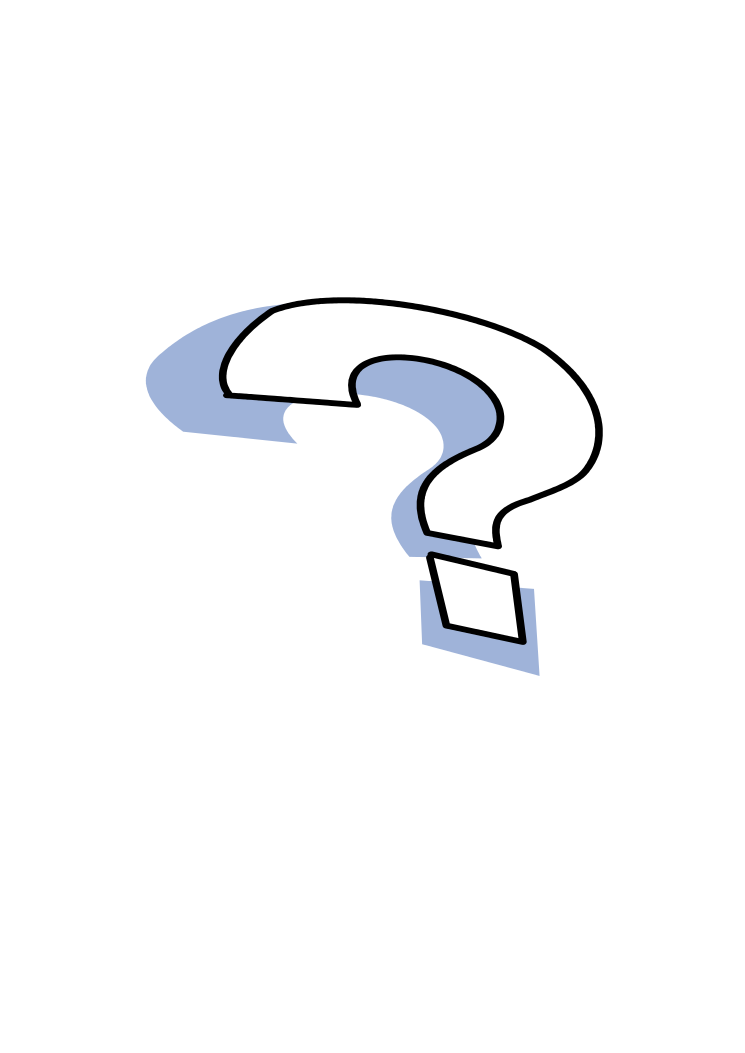 |
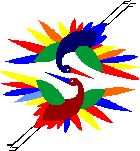 |
|
|
|
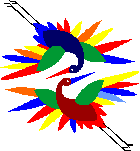 |
|
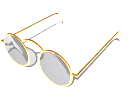 |
|
|

© Swengelsk, KB ® webmaster |
|
|
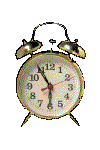 |